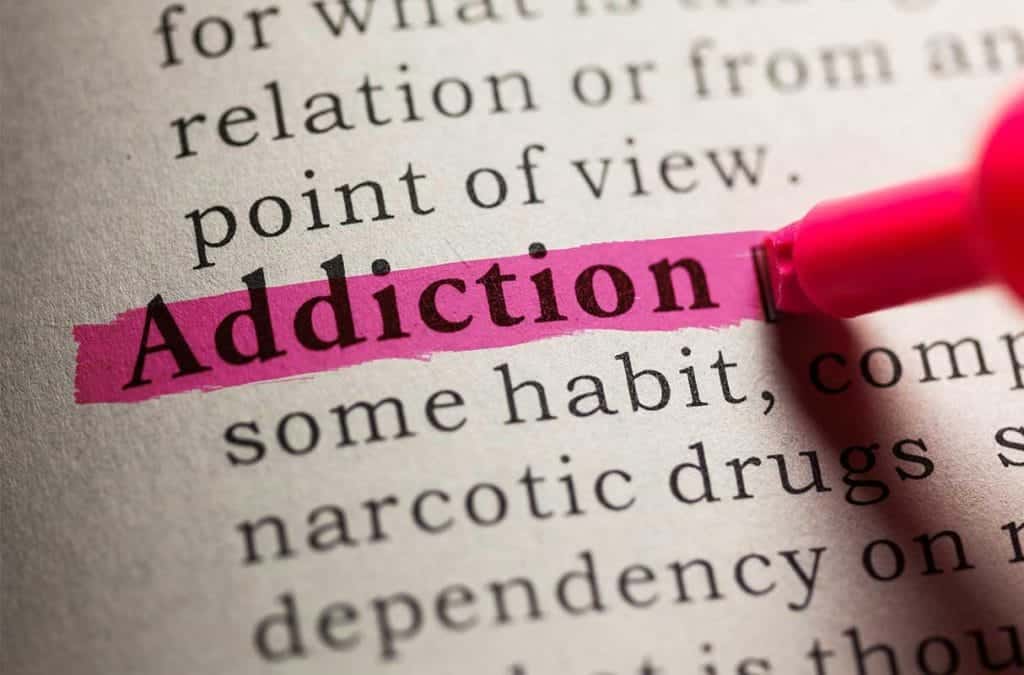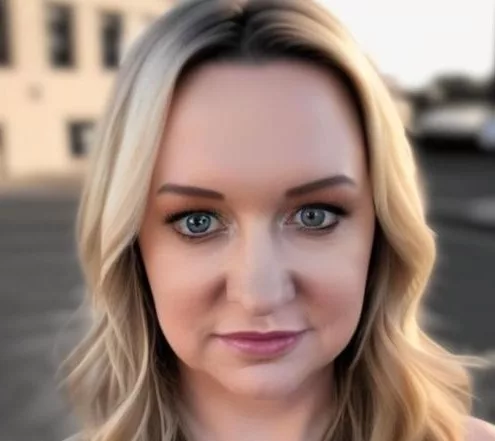
Table of Contents
People may have a number of common misconceptions surrounding drug rehab and addiction treatment. Unfortunately, these misunderstandings may prevent people from reaching out or even asking questions. This page is dedicated to identifying common myths and revealing the facts to counter them.
Myth: Rehab is unaffordable.
Fact: The cost of rehab varies widely, and most insurance policies have at least some coverage for addiction treatment.
Thinking about rehab, many people worry that their insurance won’t cover the cost or that they can’t go if they don’t have insurance. Undergoing inpatient treatment for weeks or months may seem unaffordable, but many factors contribute to the cost (and coverage) of drug rehab. The truth is that addiction treatment can be a lot more affordable than expected!
The following factors can play a role in lowering the cost of rehab:
- State and federal laws. Mental health parity laws require insurance companies to provide the same level of benefits for mental health conditions, including drug addiction, as they offer for other medical conditions. Some states include broad coverage for all mental illnesses, but others limit the coverage to specific illnesses. In addition, the Affordable Care Act of 2010 mandated coverage of substance use disorder services in a number of specific insurance arrangements. These and other laws have made substance use disorder treatment much more accessible than it used to be.1(mental health “parity,” mental health benefits in the affordable care act-applies to whole paragraph)
- Medicaid: Medicaid usually offers coverage for substance use disorder treatment. However, it may vary depending on the particular state and treatment center. So, it’s a good idea to check state regulations and coverage before enrolling with a particular center if the person has Medicaid.1(Medicaid and Group health insurance—applies to whole paragraph)
- Other payment options. To make treatment available for those who need it, many treatment centers offer sliding scale payment options, payment plans, or subsidized treatment for those without insurance or inability to pay. These centers may be non-profit organizations, state-funded, or donation-run in order to offer the necessary treatment.
- Variety of treatment options. Drug rehabilitation centers vary in the amenities and services they offer, which can increase or lower the cost of treatment. In addition, the type of treatment needed (inpatient vs. outpatient), length of care, and other variables contribute to the total cost of care. Before becoming discouraged about treatment costs, it may be helpful to talk to a professional and determine what factors are necessary for a person’s path to recovery.
Myth: Only people who have hit “rock bottom” go to rehab.
Fact: Substance use disorder treatment can begin at any stage. Beginning treatment earlier means better the long-term outcomes.2(pg.4-4- substance use care continuum, early intervention)
Substance use disorder care is professionally viewed as a continuum that extends from educating people who are at higher risk of developing an addiction to providing treatment and support as needed along the path to recovery.2(pg.4-4 substance use care continuum) Early intervention can prevent development into a severe disorder.2(pg.4-4, early intervention)
Going to rehab and receiving treatment before hitting “rock bottom” can protect a person from the consequences of long-term drug misuse and addiction.2(pg. 4-4 early intervention) It is never too early to address a concern about substance misuse.2(pg.4-5 first paragraph) Addiction treatment can provide education and the opportunity to develop healthy ways to respond to stress and strategies to avoid drug use.2(pg.4-5 paragraph1)
Myth: I don’t need rehab. I can quit on my own when I want to.
Fact: Addiction is a disease of the brain that requires treatment to fully heal.3(principles of effective treatment #1) And attempting to detox without medical supervision can be life-threatening.3(pg.32 types of treatment programs paragraph2-3)
Substance misuse and mild substance use disorders may be possible to overcome without formal treatment if a person can make their own life changes and has appropriate support.2(pg.4-3 last paragraph) However, many people do not recognize when misuse develops into a severe substance use disorder (addiction).2(pg.4-9 reasons for not seeking treatment, bullet 1) At that point, changes in the brain make it incredibly difficult to achieve long-term recovery alone.2(pg.2-1 an evolving understanding of substance use disorders)
Then, when a person decides to cut back or undergo detoxification from a drug, the body may go through withdrawal syndrome.3(pg.32 types of treatment programs paragraph2-3) Detox is the process in which the body cleanses itself of a drug, which can cause uncomfortable or dangerous reactions.3(pg.32 types of treatment programs paragraph2-3) Depending on the type of substance used, symptoms such as seizures may be life-threatening.2(pg.4-12, acute stabilization and withdrawal management) A person can take steps toward safe detoxification by consulting a healthcare professional and receiving medication to help with symptoms when appropriate.2(pg.4-12 acute stabilization and withdrawal…)
Myth: Rehab only works if it’s voluntary.
Fact: Treatment does not need to be voluntary to be effective.3(principles of effective treatment #11)
Undergoing addiction treatment does not have to be voluntary to have long-term benefits.3(principles of effective treatment #11) This is supported by ongoing policies that allow the criminal justice system and employers to mandate addiction treatment for those who are found to have a substance use disorder.3(pg.20-21 how can the workplace play a role…, what role can the criminal Justice system play…) And people who enter treatment under legal pressure generally have just as high long-term success rates as people who enter voluntarily.3(pg.21 what role can the criminal…box)
So, placing pressure on your loved ones to enroll and remain in treatment can be beneficial, even if they do not initially appreciate it.3(principles of effective treatment #11)
Myth: Successful treatment means I won’t ever relapse.
Fact: As with other chronic diseases, such as asthma or diabetes, people who have a substance use disorder are prone to have relapses and difficulty complying with treatment long-term.2(pg.2-1 an evolving understanding of substance use disorders)
Due to the brain changes that occur in addiction development, over 60% of people who undergo substance use disorder treatment experience relapse within the first year after treatment discharge.2(pg.2-2 second to last paragraph) Behavioral therapies during treatment can help a person develop skills to avoid relapse and understand next steps if it does occur.3(pg.11 second to last paragraph)
Experiencing relapse does not mean that treatment was a failure.3(pg.14, last paragraph) Rather, it simply indicates a need to modify or receive additional treatment.3(principles of effective treatment #5) Remission of a substance use disorder, and complete recovery is possible, but the road there may be different for each person.2(pg.1-19 first paragraph) It is important not to lose hope of recovery, as some professional estimates show that it can take as long as 8 to 9 years after first seeking formal treatment to achieve sustained recovery.2(5-6 2nd paragraph from top) Remember, addiction is a chronic disease, so taking a long time to heal can be expected.3(principles of effective treatment #5)
Starting the Road to Recovery
While the journey to and through addiction treatment may appear daunting, there is hope at the other end. If you or a loved one have a problem with substance misuse or addiction, it is never too early to get help.
Virtue Recovery Center (VRC) offers drug rehabilitation centers in Arizona, Oregon, and Texas. VRC’s treatment centers offer accredited staff, evidence-based interventions, and the ability to treat a wide variety of addiction needs. Their centers are staffed 24/7 to meet your needs, answer your questions, and help you get started with recovery. Call or contact them online to get started on your recovery journey today.
Resources:
- National Conference of State Legislatures. (2015, December 30). Mental health benefits: State laws mandating or regulating.
- S. Department of Health and Human Services (HHS), Office of the Surgeon General. (2016, November). Facing addiction in America: The surgeon general’s report on alcohol, drugs, and health. Washington, DC.
- National Institute on Drug Abuse. (2018, January). Principles of effective drug addiction treatment (3rd edition).
Nicki Lugo, CPC, LAC, LCADC, CCTS
Nicki Lugo is currently employed as Clinical Director at Virtue Recovery Center in Las Vegas. Nicki is a licensed clinical professional counselor (CPC) in the state of Nevada and a licensed associate counselor (LAC) in the state of Arizona. She is also a licensed clinical alcohol and drug counselor (LCADC) in Nevada. Additionally, Nicki has specialized training in treating trauma and is a certified clinical trauma specialist (CCTS).
Nicki has earned a Master of Science degree in Psychology with an emphasis in Behavioral Health from the University of Phoenix and a Master of Science in Professional Counseling from Grand Canyon University. Currently, Nicki is pursuing a Doctor of Philosophy (PhD) in Counseling Education and Supervision at Grand Canyon University. Nicki’s research interests include the use of Positive Psychology interventions with dual diagnosis clients. Nicki hopes to contribute to the body of knowledge in treating substance use disorders.
Nicki’s long-term career goals include advancing in leadership roles within Virtue Recovery Center which is a quickly growing substance use disorder treatment facility. She hopes that one day her research and advocacy will help to save the lives of those who have been affected by substance use. She likes to say that advocacy is her passion and leadership is her superpower.
Are You Covered For Treatment?
At Virtue Recovery Center, we understand the importance of accessible care. That’s why we’re in-network with numerous private insurance companies, ensuring that your journey to recovery is supported from the start. Let us help you quickly and easily verify your insurance coverage. Begin your path to healing today.
- About the Author
- Latest Posts
Nicki Lugo, CPC, LAC, LCADC, CCTS( Clinical Director )
Nicki Lugo is currently employed as Clinical Director at Virtue Recovery Center in Las Vegas. Nicki is a licensed clinical professional counselor (CPC) in the state of Nevada and a licensed associate counselor (LAC) in the state of Arizona. She is also a licensed clinical alcohol and drug counselor (LCADC) in Nevada. Additionally, Nicki has specialized training in treating trauma and is a certified clinical trauma specialist (CCTS).
Nicki has earned a Master of Science degree in Psychology with an emphasis in Behavioral Health from the University of Phoenix and a Master of Science in Professional Counseling from Grand Canyon University. Currently, Nicki is pursuing a Doctor of Philosophy (PhD) in Counseling Education and Supervision at Grand Canyon University. Nicki’s research interests include the use of Positive Psychology interventions with dual diagnosis clients. Nicki hopes to contribute to the body of knowledge in treating substance use disorders.
Nicki’s long-term career goals include advancing in leadership roles within Virtue Recovery Center which is a quickly growing substance use disorder treatment facility. She hopes that one day her research and advocacy will help to save the lives of those who have been affected by substance use. She likes to say that advocacy is her passion and leadership is her superpower.
Key Takeaways Crisis intervention helps people experiencing sudden emotional or …
Key Takeaways Fentanyl is a strong opioid, 50 to 100 …
Key Takeaways Soma is a prescription muscle relaxant used to …
Key Takeaways Farmapram is a benzodiazepine often called “Mexican Xanax.” …
Key Takeaways GHB is a powerful drug that slows down …
Key Takeaways Cocaine is a powerful and addictive stimulant that …


























